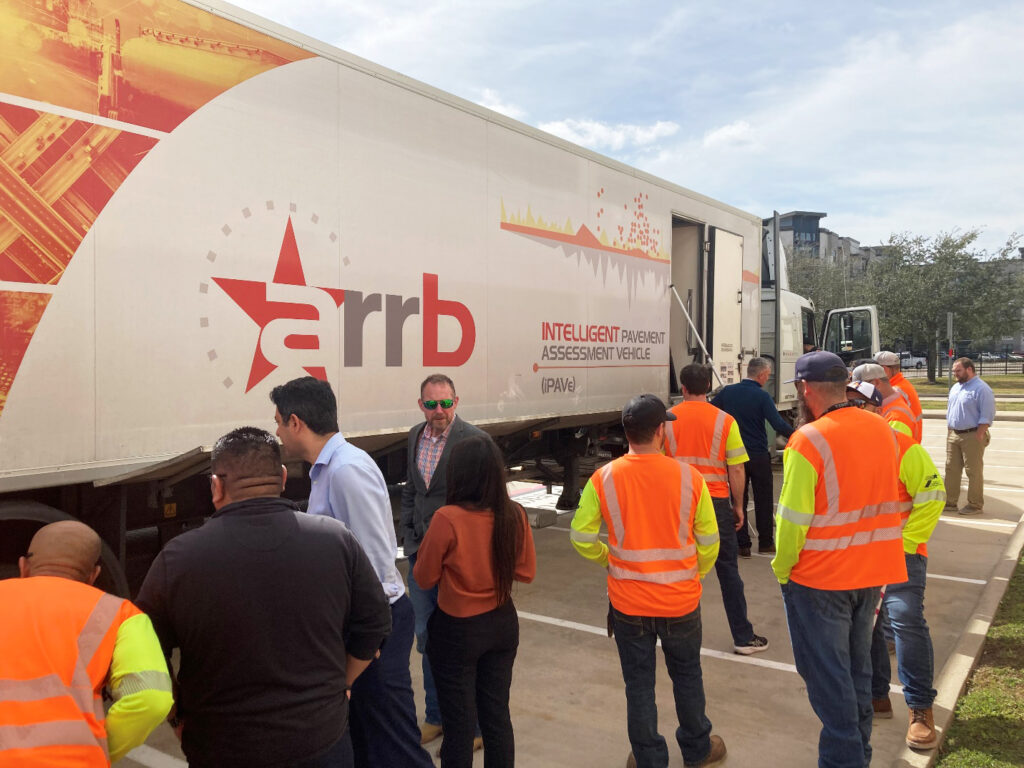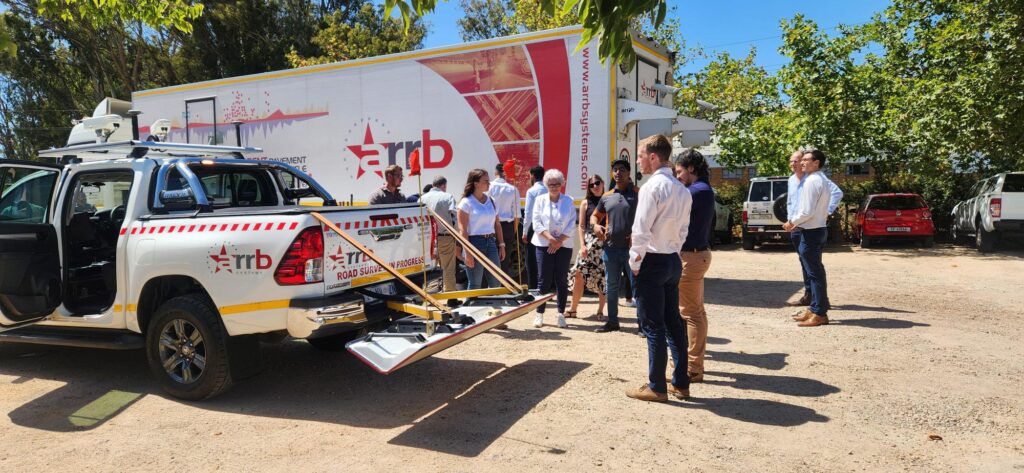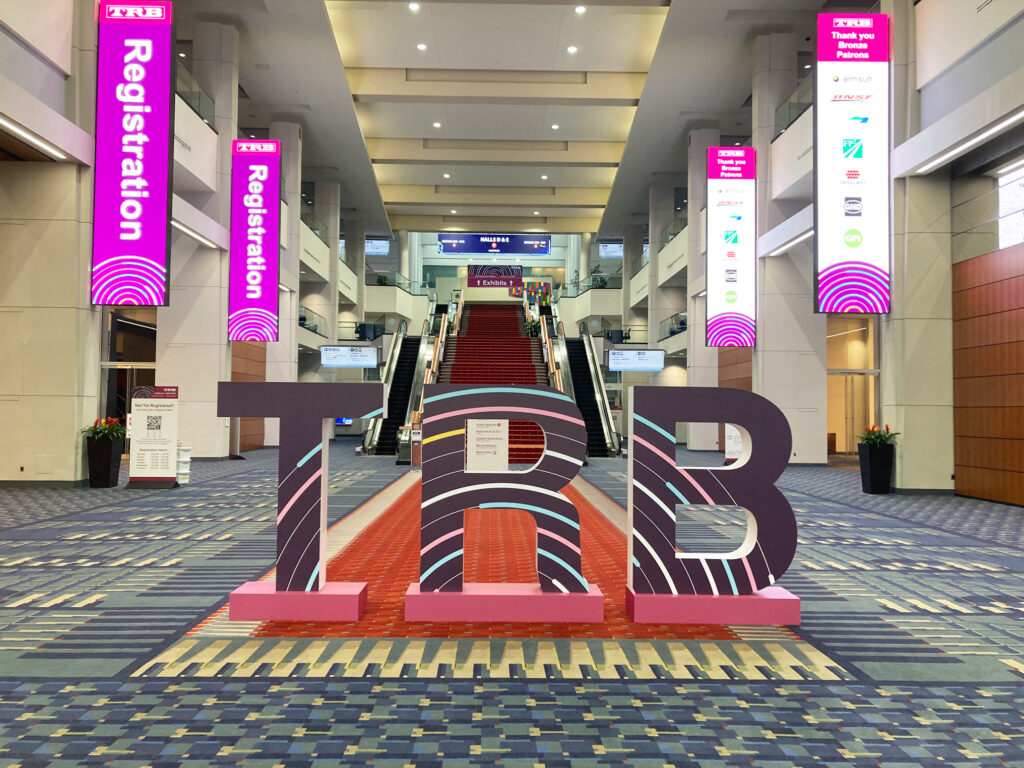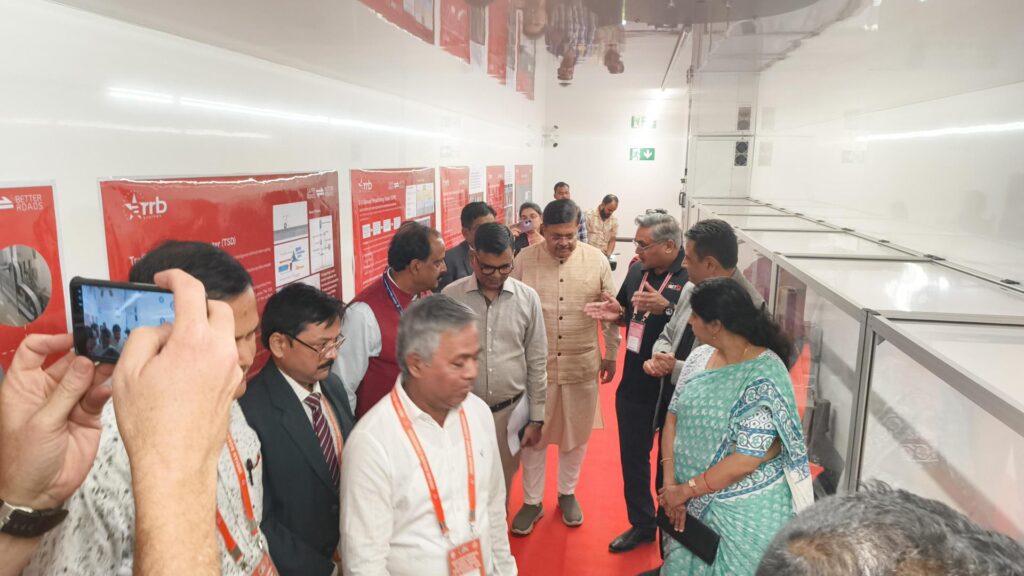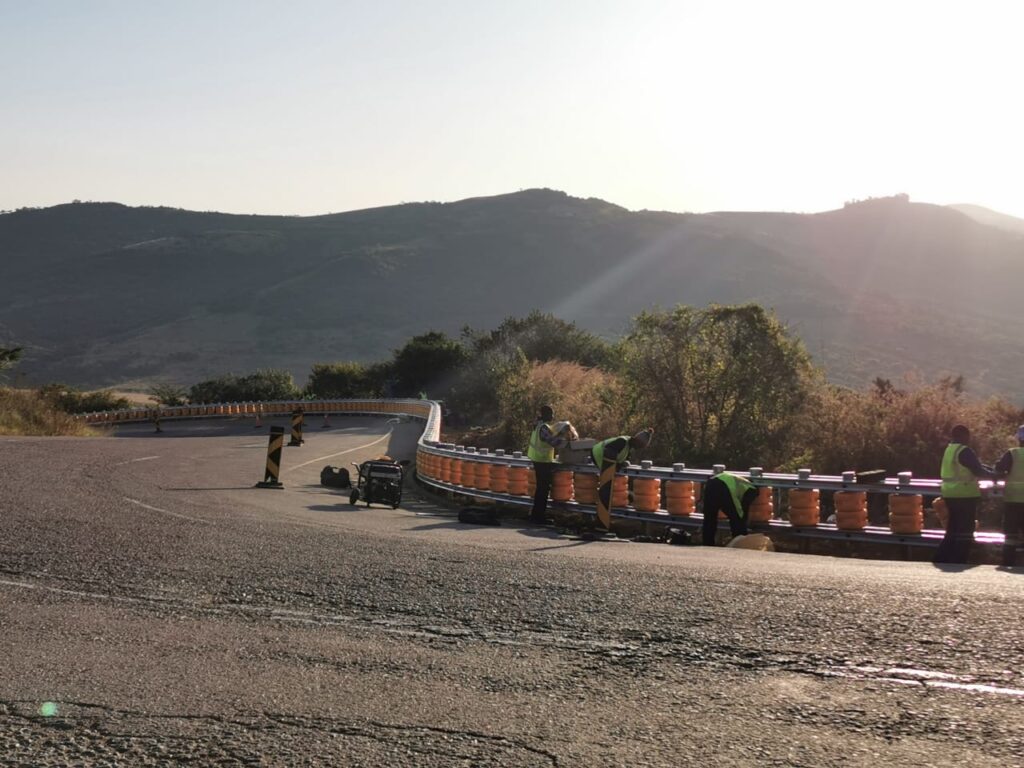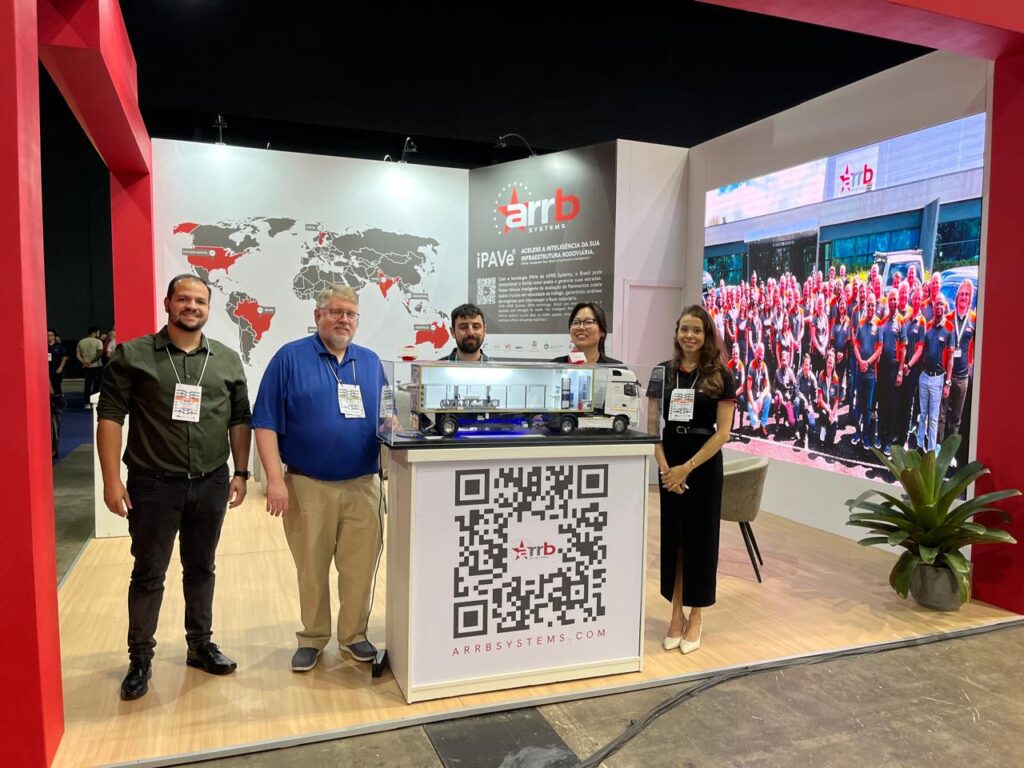The Transportation Research Board (TRB) Annual Meeting is a cornerstone event for the transportation industry. ARRB Systems was privileged to participate in the 104th gathering from January 5-9, 2025, in Washington, DC. This global platform brings together experts to collaborate on innovative solutions for improving road safety, pavement management, and transportation infrastructure worldwide. ARRB Systems proudly showcased our advanced road condition survey technologies and engaged in insightful discussions on these critical topics.
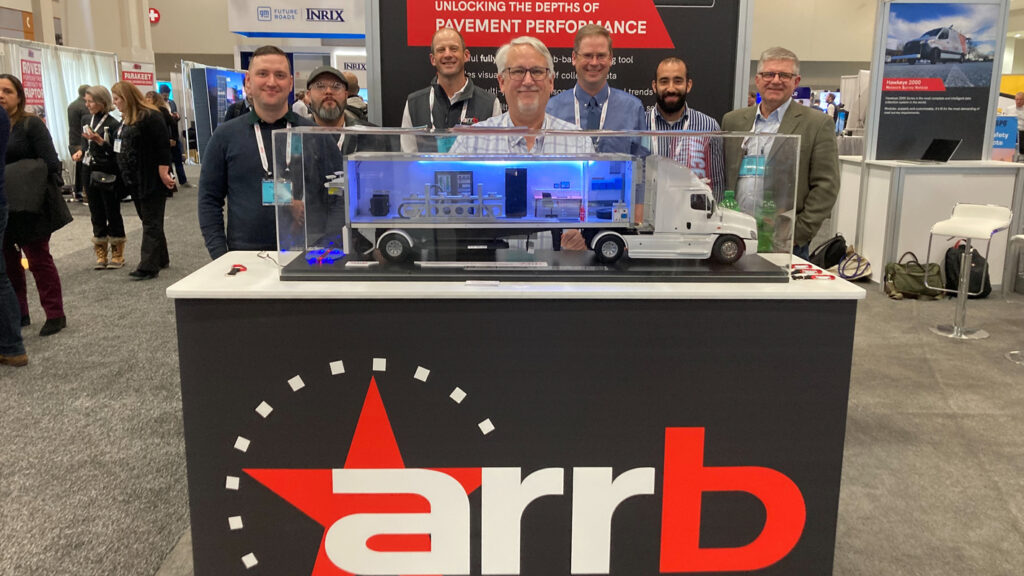
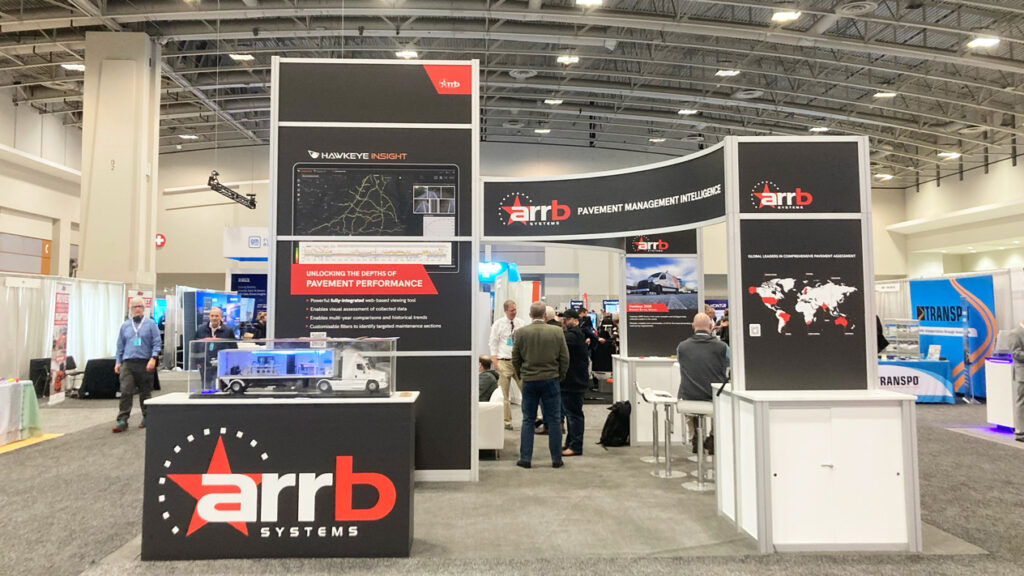
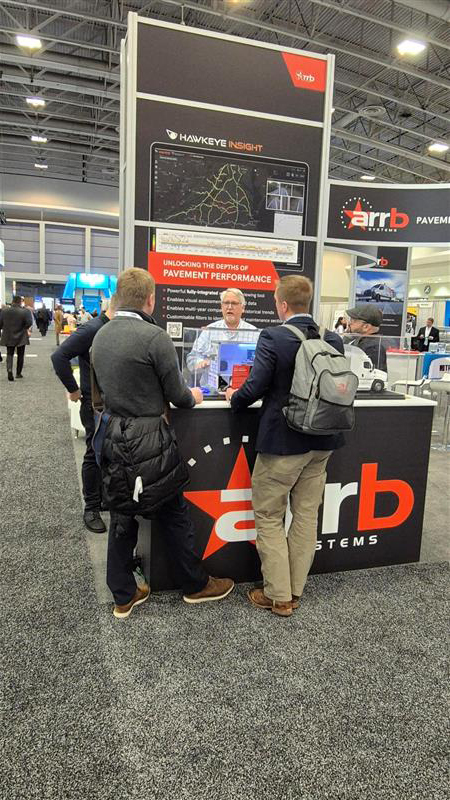
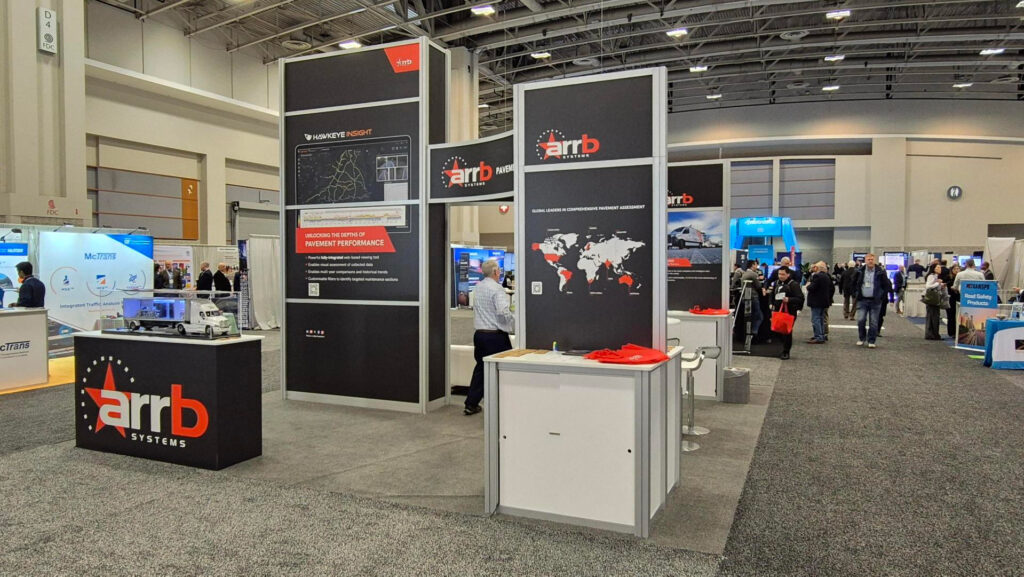
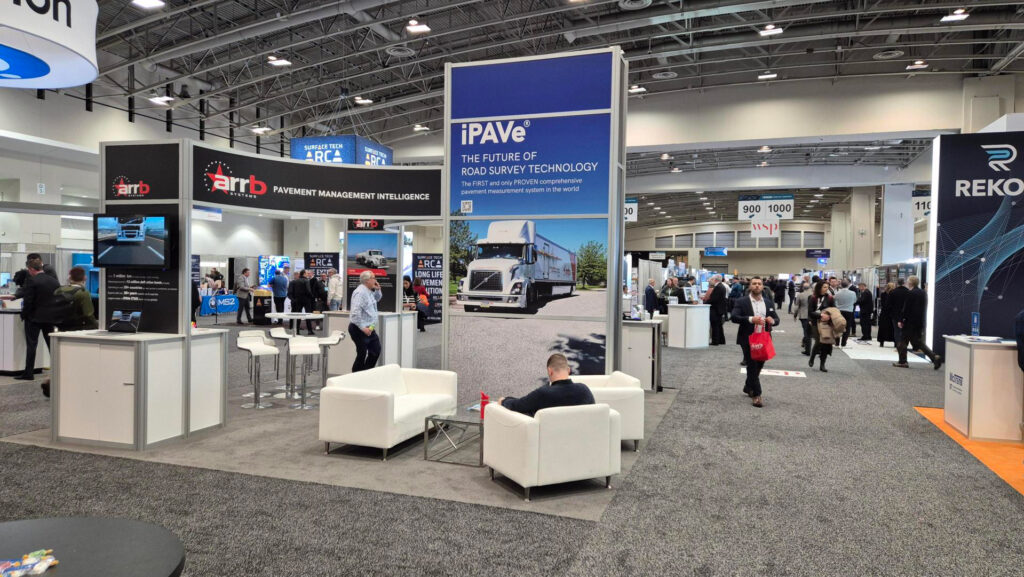
Showcasing Groundbreaking Pavement Research
At the conference, our engineers, Martin Scavone (Senior Research Engineer), Jerome Daleiden (Principal Engineer), and Nate Bech (Senior Project Engineer) presented their research on Fast Screening of Jointed Concrete Pavements for Weak Joint Detection using the Traffic Speed Deflectometer (TSD).
This innovative approach demonstrates how ARRB Systems iPAVe® technology collects real-time data to assess the structural health of rigid concrete pavements efficiently. The presentation resonated particularly with attendees from Texas, where much of the state’s heavy-duty road network is made up of rigid concrete pavements.
Sparking Conversations at TRB and DaRTS
Beyond the poster session at TRB, our team presented their findings and additional insights to the “TSD-family of experts” at the DaRTS (Deflection at Road Traffic Speed) meeting. These discussions focused on:
- Integrating weak joint detection as a standard feature in iPAVe® deliverables.
- Enhancing pavement data visualization through Hawkeye Insight, our robust analysis platform.
- Exploring new TSD applications to expand pavement management capabilities, especially for rigid and semi-rigid pavements.
The positive feedback from these sessions underscores the growing recognition of TSD technology as a critical tool for improving road safety and optimizing pavement maintenance.
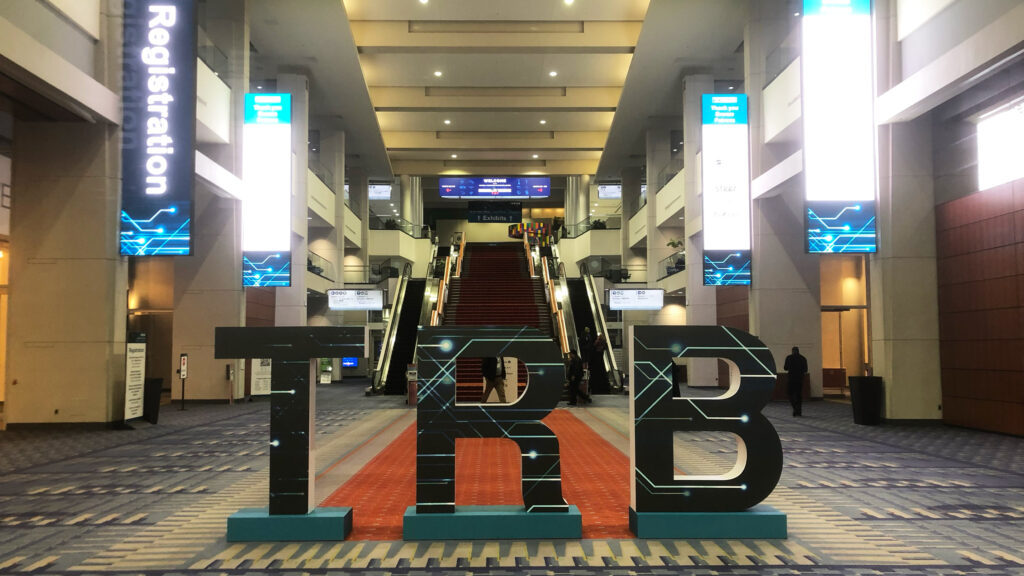
To learn more about how ARRB Systems is leading the way in road safety and pavement management, visit our website.
